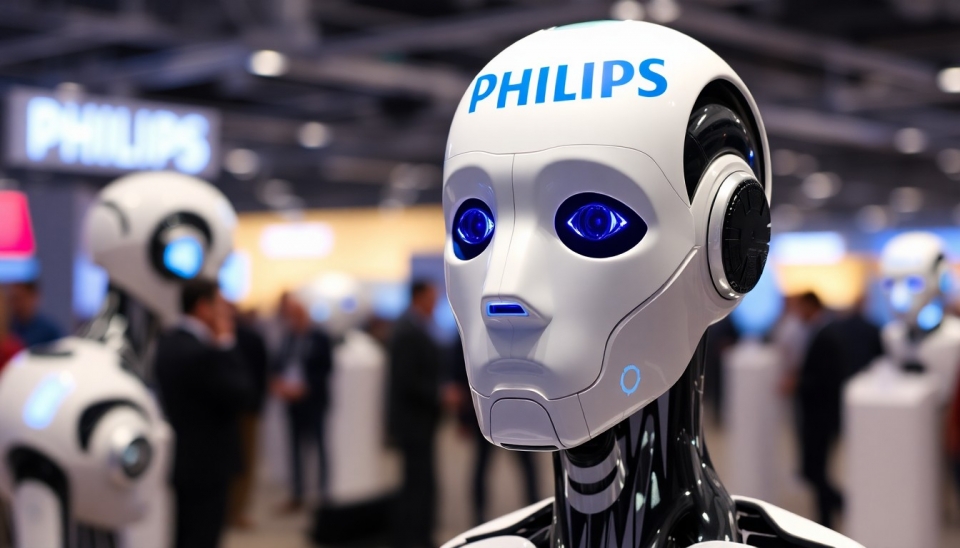
In a recent address, Philips CEO Roy Jakobs emphasized the critical need for the European Union (EU) to foster an environment conducive to artificial intelligence (AI) development rather than stifle it with burdensome regulations. Jakobs voiced his concerns during a media conference, where he argued that excessive regulatory measures could hinder technological advancement and innovation, particularly in healthcare and consumer electronics.
As the EU prepares to implement strict regulations surrounding AI, Jakobs warned that these could potentially obstruct the transformative benefits that AI can bring to various industries. He highlighted the importance of balancing necessary oversight with the freedom to innovate, stating that confronting the challenges posed by rapid technological changes requires a collaborative approach between regulators and industry leaders.
Jakobs pointed out that while regulations are essential to safeguard user data and ensure ethical AI usage, it is crucial not to erect barriers that could prevent progress. He remarked, "Excessive regulation can block innovation and ultimately harm consumers who could benefit from advancements in AI technology." According to him, ensuring that regulatory frameworks evolve alongside technological advancements is vital for the EU to maintain its competitive edge globally.
The concerns raised by Jakobs come in the wake of ongoing discussions within the EU about artificial intelligence legislation, which aims to set comprehensive rules governing the use of AI technologies. The proposed regulations address various aspects, including transparency, accountability, and the potential risks associated with AI applications. However, industry leaders like Jakobs fear that an overly cautious approach may stifle creativity and slow down the adoption of beneficial AI solutions that could improve lives and drive economic growth.
Furthermore, Jakobs advocated for an inclusive dialogue between policymakers and technologists to ensure that regulations are informed by practical insights from the industry. He believes that such collaboration could pave the way for regulations that protect users while also encouraging innovation and allowing companies like Philips to invest in new AI-driven technologies confidently. Highlighting Philips' commitment to AI in healthcare, Jakobs stated that innovations in this space have the potential to greatly enhance patient outcomes and operational efficiencies.
As the conversation around AI regulation intensifies, Jakobs's call for a balance between regulation and innovation resonates with many in the tech community. The future of AI not only promises advancements in healthcare but also holds the potential for revolutionizing sectors like transportation, education, and finance—provided that the environment nurtures rather than restricts technological growth.
With the future of AI in the EU hanging in the balance, it remains to be seen how regulators will respond to the calls for a more flexible and innovation-driven approach. As the landscape evolves, the dialogue between technology leaders and policymakers will undoubtedly shape the future of AI in Europe and beyond.
#Philips #AI #Innovation #EULaw #Technology #Healthcare #RoyJakobs #ArtificialIntelligence #TechRegulation
Author: John Miller


